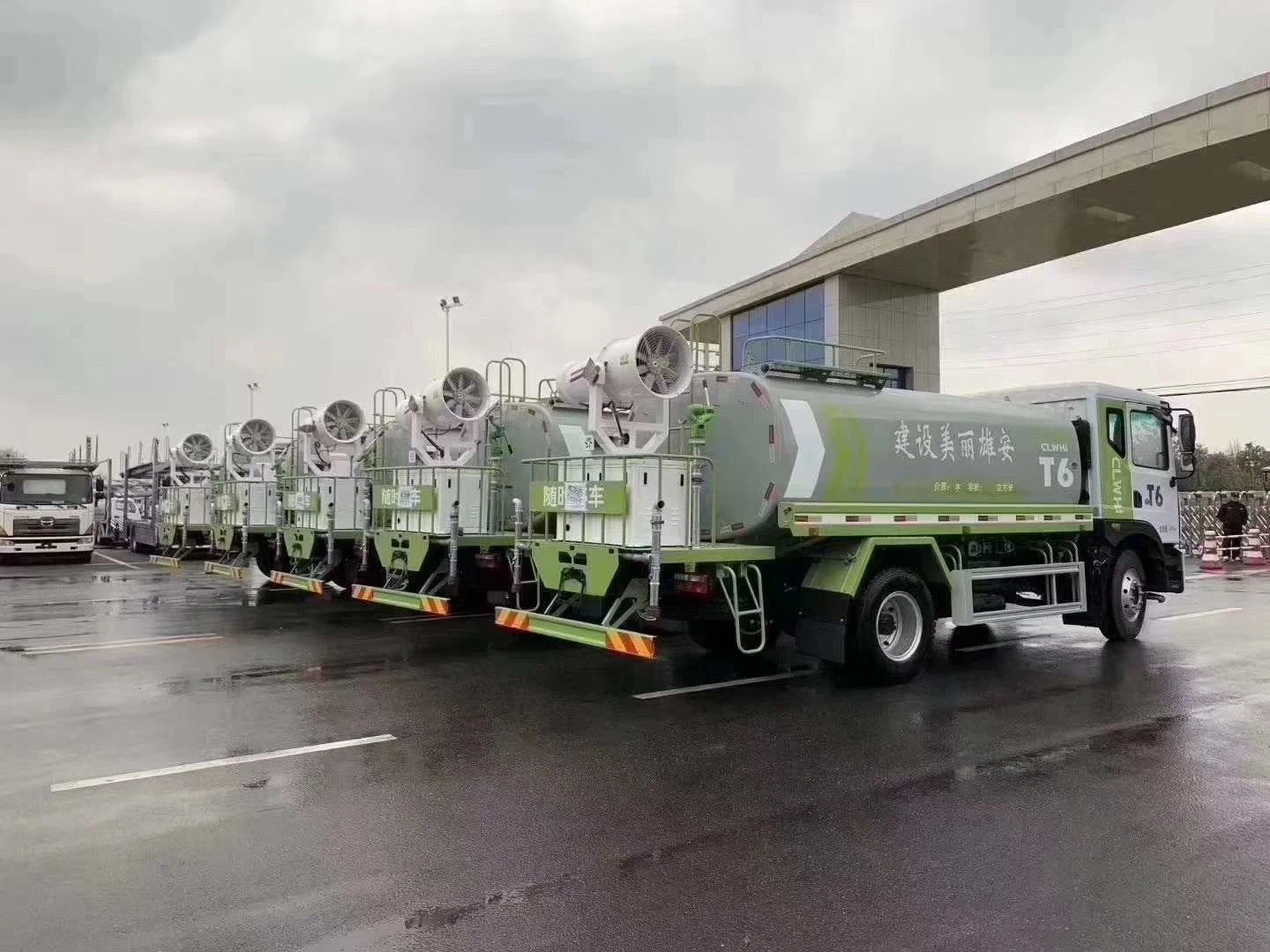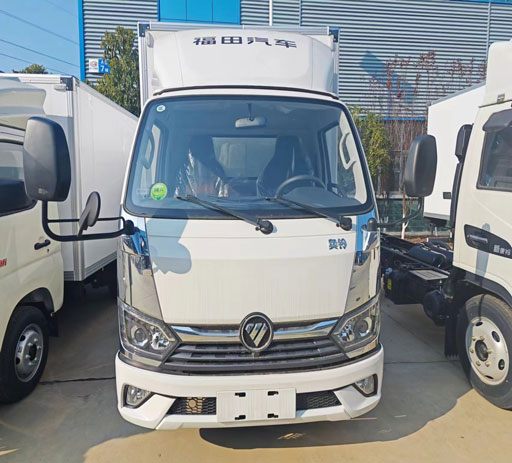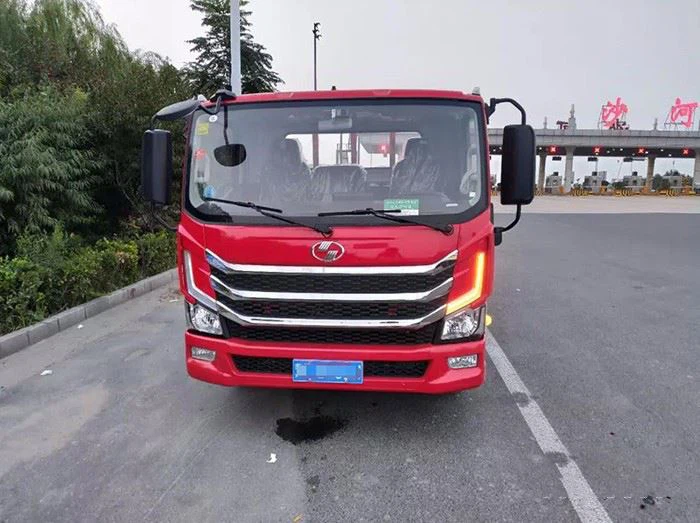Understanding Dump Truck Garbage: A Comprehensive Guide

Introduction
Dump trucks play a crucial role in waste management across various sectors, particularly in construction and municipal operations. Their robust design and capacity to transport heavy loads make them ideal for handling garbage and debris. In this article, we will explore the different types of dump truck garbage, their uses, advantages, and tips for effective management and operation. This guide will serve both individuals and businesses seeking to understand the significance of dump trucks in waste disposal and how they can be leveraged for various needs.
What is a Dump Truck?
A dump truck, or dumper truck, is a vehicle designed for transporting bulk materials, including stones, soil, gravel, and, notably, garbage. They are equipped with an open-box bed and a hydraulic lift system that allows the bed to be raised and emptied easily. This functionality is critical in waste management services, particularly in urban areas where large quantities of refuse need to be transported efficiently.
The Role of Dump Trucks in Garbage Disposal
Waste Collection and Management
Dump trucks are commonly used to collect and transport municipal waste. They cater to various waste types, from household garbage to commercial waste. By efficiently collecting these materials, dump trucks help maintain cleanliness and organization in our surroundings.
Construction Debris Removal
In construction, dump trucks are essential for removing debris and waste generated during building projects. This includes concrete rubble, excess soil, and other materials that need to be discarded promptly to maintain safety and order on-site.
Types of Dump Trucks Used for Garbage
Standard Dump Trucks
Standard dump trucks are versatile and commonly utilized in waste management. They typically have a straight truck configuration with a separate cab and dump body for carrying heavier loads.
Transfer Dump Trucks
Transfer dump trucks consist of a truck and a trailer that can carry materials. These are beneficial for transporting large volumes of waste efficiently over long distances.
End Dump Trucks
End dump trucks have a bed that tilts at the back, allowing for easier unloading of waste. This type is particularly useful for unloading waste in specific areas without the need for additional equipment.
Side Dump Trucks
Side dump trucks can unload material to the side of the truck instead of the back. This is particularly useful in tight spaces where traditional dump trucks may struggle.
Benefits of Using Dump Trucks for Garbage Collection
Efficiency and Speed
Dump trucks can transport large quantities of waste quickly, reducing the time needed for garbage collection and disposal. This efficiency is crucial for municipalities and businesses aiming to maintain clean environments.
Cost-Effectiveness
Utilizing dump trucks can reduce labor costs and operational time. Investing in a dump truck can lead to long-term savings for companies involved in waste management.
Versatility
Dump trucks can handle a variety of loads, making them suitable for transporting more than just garbage. This versatility allows companies to utilize their fleet for multiple purposes.
Operational Tips for Effective Garbage Management with Dump Trucks
Regular Maintenance
To ensure optimal performance and longevity of dump trucks, regular maintenance is essential. This includes checking the brakes, tires, and hydraulic systems regularly.
Load Management
Properly managing loads is crucial. Overloading a dump truck can lead to equipment failure and safety hazards. Always adhere to the manufacturer’s weight guidelines.
Training Operators
Invest in training for dump truck operators. Skilled operators can navigate challenging terrains and handle waste more efficiently, increasing overall productivity.
Utilizing GPS and Tracking Technology
Incorporating GPS technology can improve route management, reducing fuel consumption and emissions while ensuring timely pickups and deliveries.
Safety Protocols When Operating Dump Trucks
Pre-Operation Checks
Conduct daily pre-operation checks to ensure the dump truck is in safe working condition. This includes inspecting lights, brakes, and hydraulic systems.
Site Awareness
Operators should be aware of their surroundings when operating dump trucks, especially in urban areas. Keeping an eye out for pedestrians and obstacles is crucial to accident prevention.
Proper Use of Safety Gear

Using appropriate personal protective equipment (PPE) such as hard hats, reflective vests, and gloves can minimize injuries on-site during loading and unloading.
Environmental Considerations in Dump Truck Garbage Management
Waste Segregation
Implementing waste segregation practices ensures that recyclable materials do not end up in landfills. Proper systems for sorting recyclables can lead to more efficient waste management.
Reducing Carbon Footprint
Choosing environmentally friendly fuel options for running dump trucks can help decrease carbon emissions. Additionally, regular maintenance ensures fuel efficiency, further reducing the environmental impact.
Participating in Sustainable Initiatives
Engage in community initiatives aimed at enhancing waste management systems. Collaborating with local programs can improve overall garbage disposal practices.
Case Studies: Successful Dump Truck Garbage Management
Municipal Waste Collection in Urban Areas

A city implemented a new route optimization plan using GPS technology for its dump truck fleet, resulting in a 20% reduction in fuel costs and improved waste collection efficiency. The initiative also featured partnerships with local recycling firms, leading to a marked decrease in landfill waste.
Construction Site Management
A construction company adopted a mixed fleet of end dump and transfer dump trucks to enhance the removal of debris from large-scale projects. This switch led to faster project completion times and reduced transportation costs, making operations more efficient.
Frequently Asked Questions (FAQ)
1. What is the average capacity of a dump truck for garbage disposal?
The average capacity of a dump truck for garbage disposal ranges from 10 to 16 cubic yards, depending on the type of truck and local regulations.
2. How do I choose the right dump truck for my waste management needs?
Consider factors such as the type of waste you will be transporting, the volume of garbage, and the terrain of your operational area. Additionally, assess your budget and operational capacity.
3. Are there regulations governing dump truck waste disposal?

Yes, various local and federal regulations govern waste disposal in dump trucks, covering aspects such as load limits, types of waste, and safety measures. It’s essential to familiarize yourself with these regulations to ensure compliance.
4. How can I minimize the environmental impact of dump truck operations?
To minimize environmental impact, invest in fuel-efficient vehicles, train operators on eco-friendly driving practices, and implement waste segregation at the source.
5. What safety measures should be taken when unloading garbage?
When unloading garbage, ensure the area is cleared of bystanders, conduct a visual inspection of the unloading site, and follow proper unloading procedures to prevent accidents.
6. Can dump trucks be used for hazardous waste disposal?
Yes, but specific regulations and equipment are required for the safe transport and disposal of hazardous waste. Proper training for operators and adherence to safety guidelines are essential for this type of waste management.
